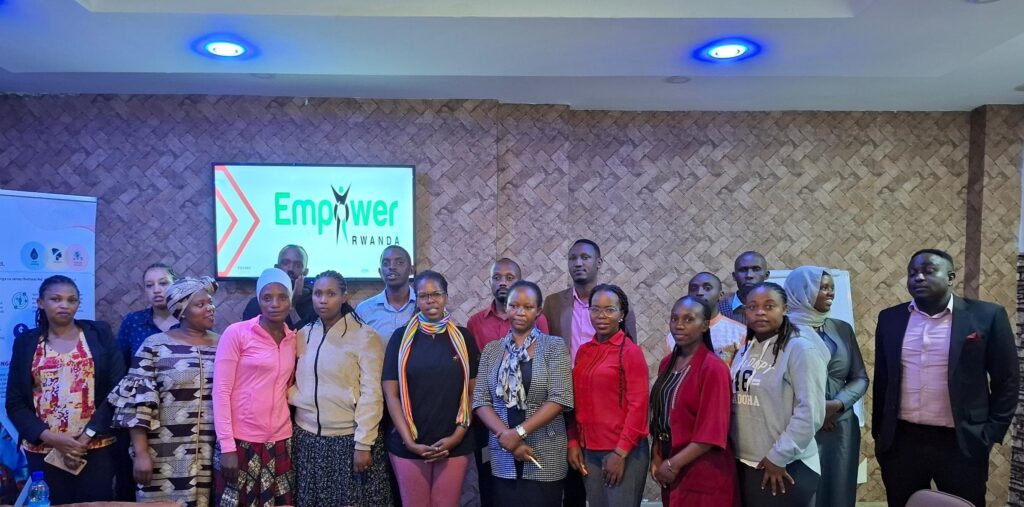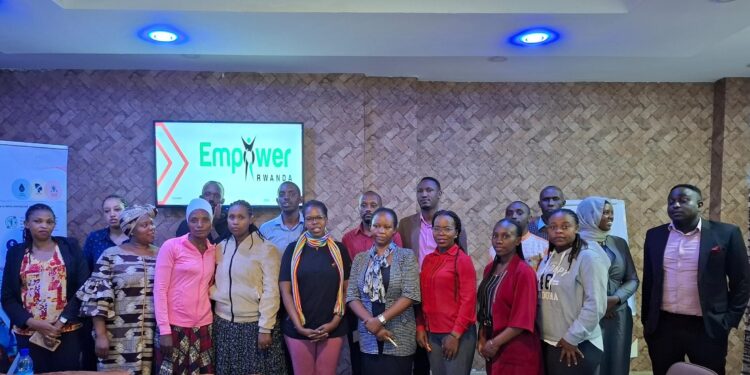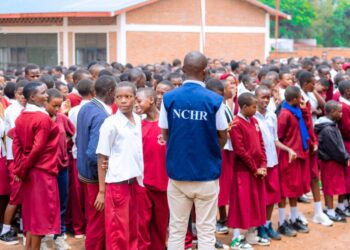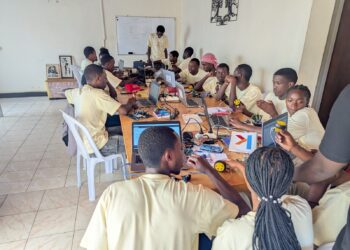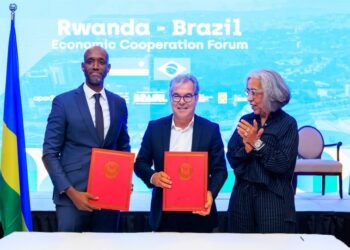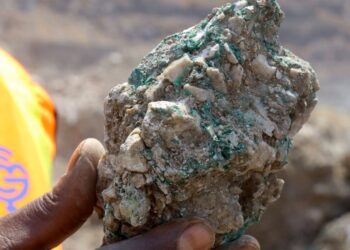On December 3rd, a collaborative event in Kigali brought together Empower Rwanda and Mercy Corps-Energy 4 Impact to assess the progress of the Financial Inclusion for Clean Cooking in Rwanda (FICCARS) program. Funded by Jersey Overseas Aid, the event highlighted the program’s focus on empowering women through training in clean cooking technologies and financial services.
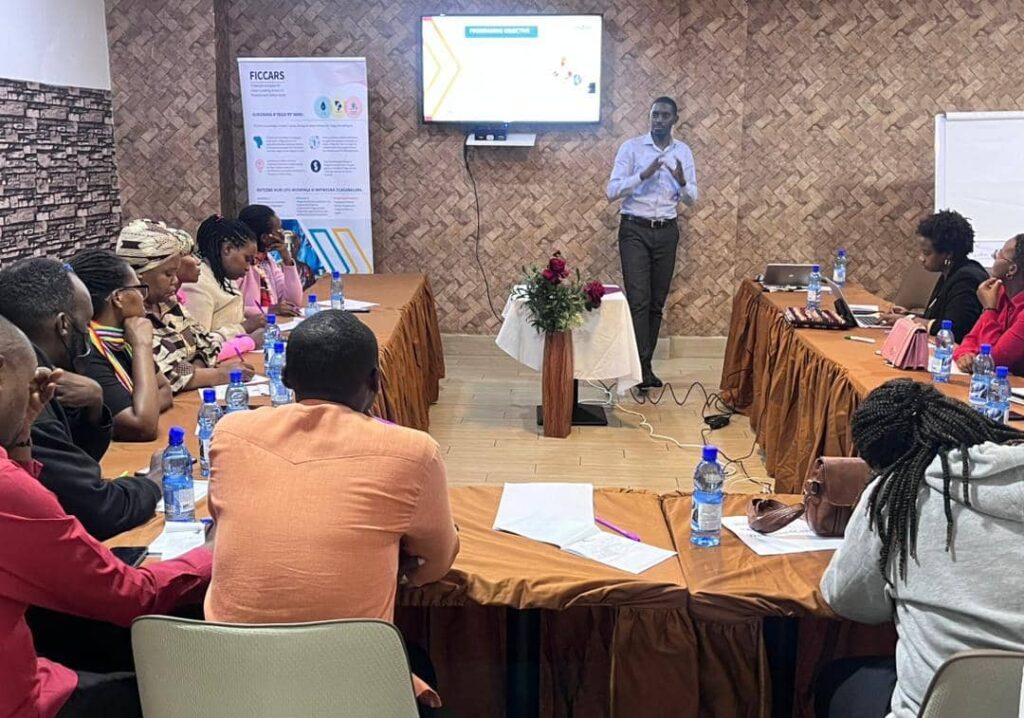
The program has provided women from Gasabo and Rwamagana districts—many of whom are small business owners—with access to collateral-free loans, enabling them to invest in environmentally friendly cooking solutions.
Through FICCARS, Empower Rwanda has trained over 2,000 women, helping them improve their livelihoods and make lasting positive changes in their communities.
Empower Rwanda’s mission centers on improving the lives of low-income households by promoting clean cooking and financial inclusion. Through partnerships with local banks and microfinance institutions, they help develop financial products specifically tailored for these communities. Clean cooking technologies, though beneficial, often come with high upfront costs that can be prohibitive for many families. Empower Rwanda’s affordable loan options help break down this barrier, making healthier and more sustainable cooking methods more accessible.
“Our goal is to create financial solutions that not only make clean cooking technologies affordable but also promote broader financial inclusion,” said Dr. Olivia Promise KABATESI, Founder & Country Director of Empower Rwanda. “We aim to bridge the gap between demand and affordability for these life-changing technologies.”
A key part of the initiative is its focus on financial literacy, especially for women. Through training, women learn essential skills such as managing finances, accessing formal financial services, and making informed financial decisions. This knowledge empowers them to take full advantage of available opportunities, enhancing their families’ economic stability.
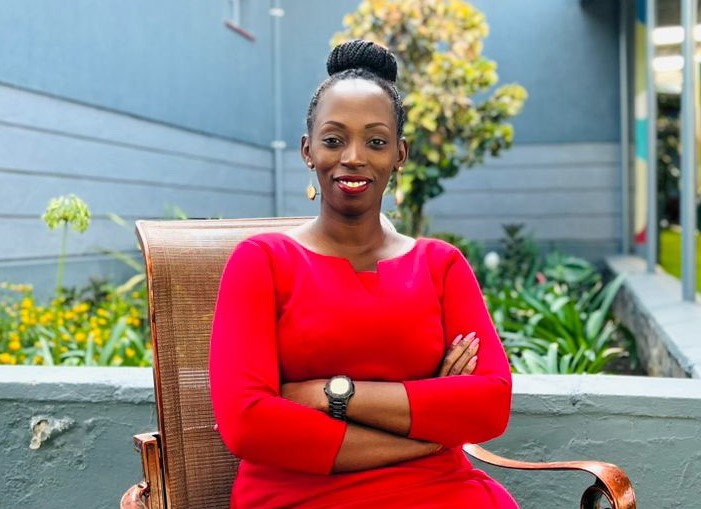
The upfront costs of clean cooking technologies have long been a significant barrier to widespread adoption. The FICCARS program addresses this by working closely with local financial institutions to develop tailored loan products that allow low-income families to adopt clean cooking solutions at affordable rates.
“The program is already helping women secure loans and invest in clean cooking technologies,” Olivia explained. “These women are not only becoming financially independent but are also supporting their families’ financial security.”
The success of the program is evident in the stories of its beneficiaries. Take, for example, Gahinda Angel Nikibikiratorwa, a market vendor from Kimironko. “Before the training, I struggled to manage my time. Now, thanks to clean cooking solutions, I save time,” Angel shared. With an initial investment of 100,000 Rwandan Francs, her business has grown significantly, reaching over 5 million Rwandan Francs in revenue. She has even been able to invest in a taxi, diversifying her income streams.
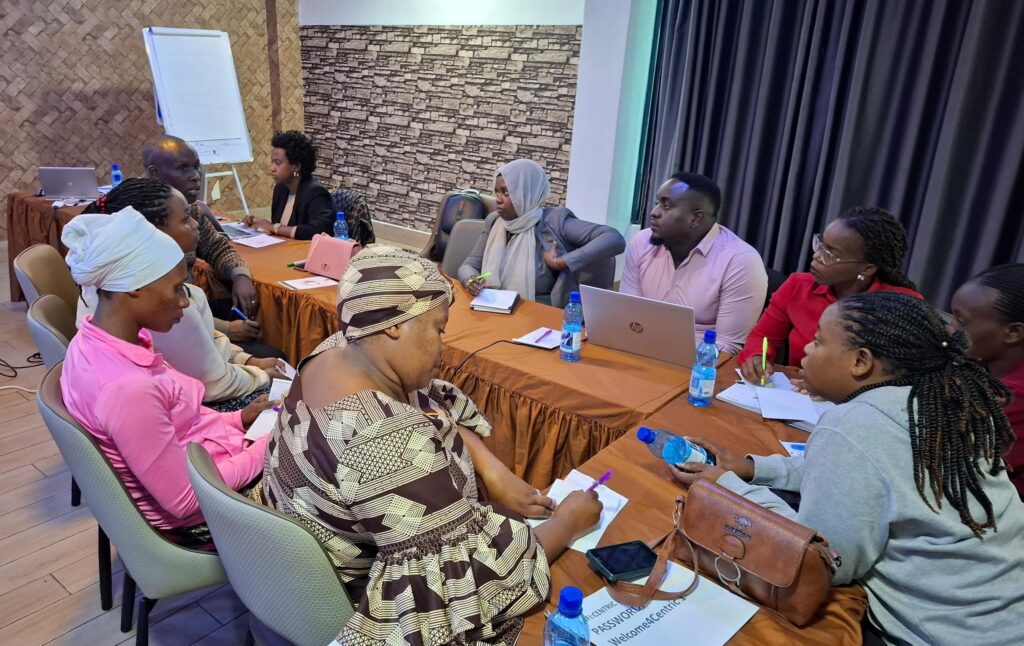
Amahoroabe Marie Louise, a restaurant worker from Ndera, also shared her experience with the program. “Switching from charcoal to gas cooking has changed my life,” she said. “It’s improved my health, saved me time and money, and allowed my family to share household responsibilities more equally.” Louise expressed her gratitude for the training, which gave her the tools to understand the importance of sustainable energy solutions. “This program empowered me as a woman to build a better future for my family,” she added.
The environmental benefits of the program are also significant. By reducing reliance on firewood and charcoal, the initiative contributes to the fight against deforestation and air pollution. The use of cleaner cooking methods also improves indoor air quality, reducing health risks associated with smoke exposure, especially for women and children.
Throughout the stakeholder engagement meeting with Empower Rwanda’s partners from Gasabo District, it was clear that this three-year program has made a significant impact. Key achievements include the establishment of women’s savings groups, the creation of new businesses, the adoption of modern, clean cooking solutions in households, and the strengthening of existing women-led businesses through financial support, among others.
Looking ahead, Empower Rwanda is focused on expanding its efforts. The organization plans to strengthen its partnerships with local financial institutions and continue offering financial literacy training. There are also plans to increase outreach to rural communities. “By working closely with financial institutions, we can make clean cooking solutions accessible to those who need them the most,” said Olivia.
Community engagement will play a central role in scaling the program. Empower Rwanda intends to collaborate with community leaders, local media, and other organizations to ensure that clean cooking solutions and financial services are tailored to the needs of each community. This strategy is designed to create lasting change and enable women to play a pivotal role in the economic development of their families and communities.
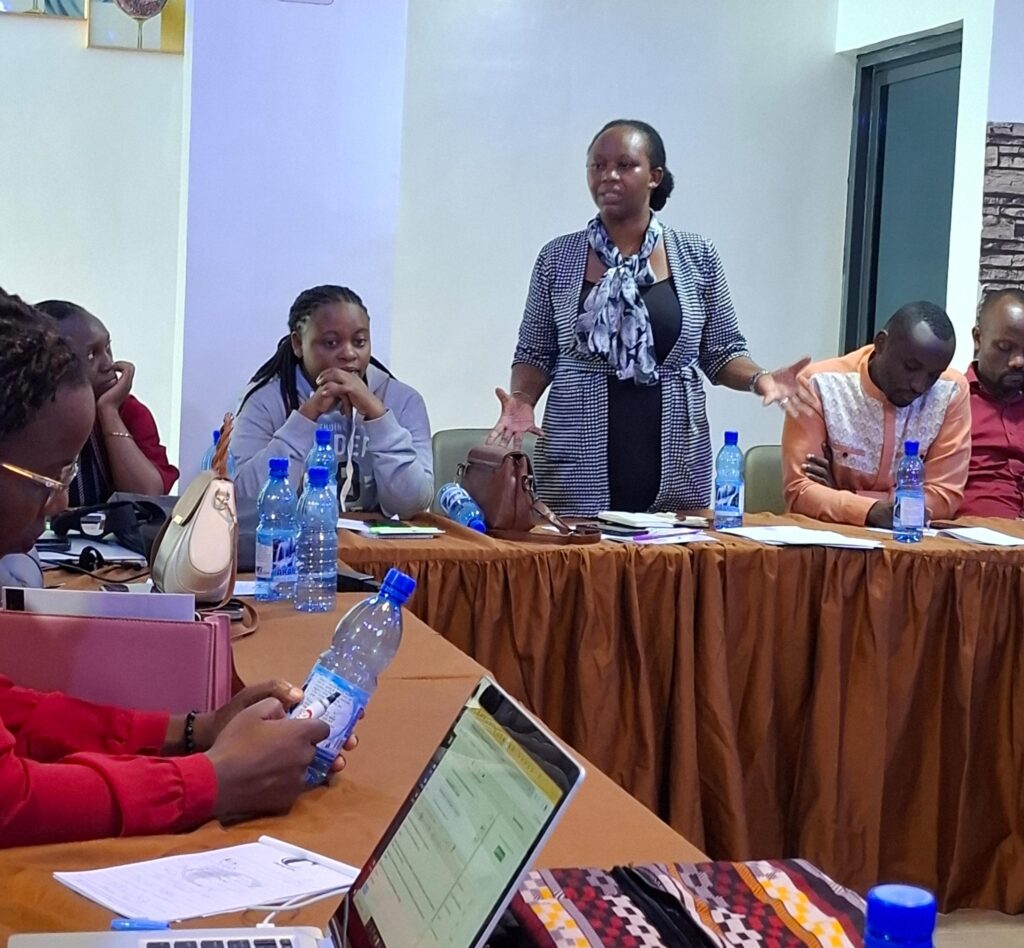
Ntakabanoza Domina the in charge of Joint Action Development Forum in Gasabo district, highlighted the importance of collective action in achieving a cleaner, healthier Rwanda. “A future where every household enjoys access to clean cooking solutions is within our reach. This is not just about cleaner air—it’s about justice and dignity for all,” she said.
Empower Rwanda’s initiative is not only improving health and livelihoods but also advancing gender equality. By reducing the time women spend collecting firewood, the program offers them more opportunities to engage in income-generating activities. This strengthens family economies and contributes to reducing gender disparities, ultimately fostering a more sustainable and equitable future.
